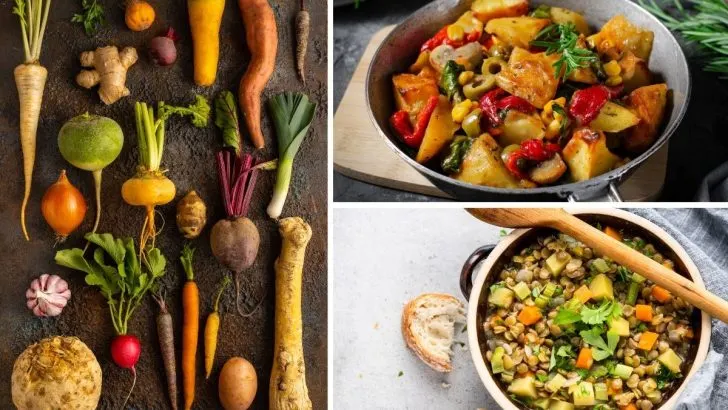Winter is a fantastic season for hearty vegetables that can transform your meals into comforting, nutrient-dense delights.
As the cold sets in, the earth offers up a bounty of vegetables that are not only resilient to frost but also burst with flavors that can warm the soul.
Whether you’re roasting, steaming, or stewing, these vegetables bring a unique character to your dishes, enhancing both taste and nutrition.
Here are nine winter vegetables you should be cooking with right now to make your meals more exciting and wholesome.
Brussels Sprouts
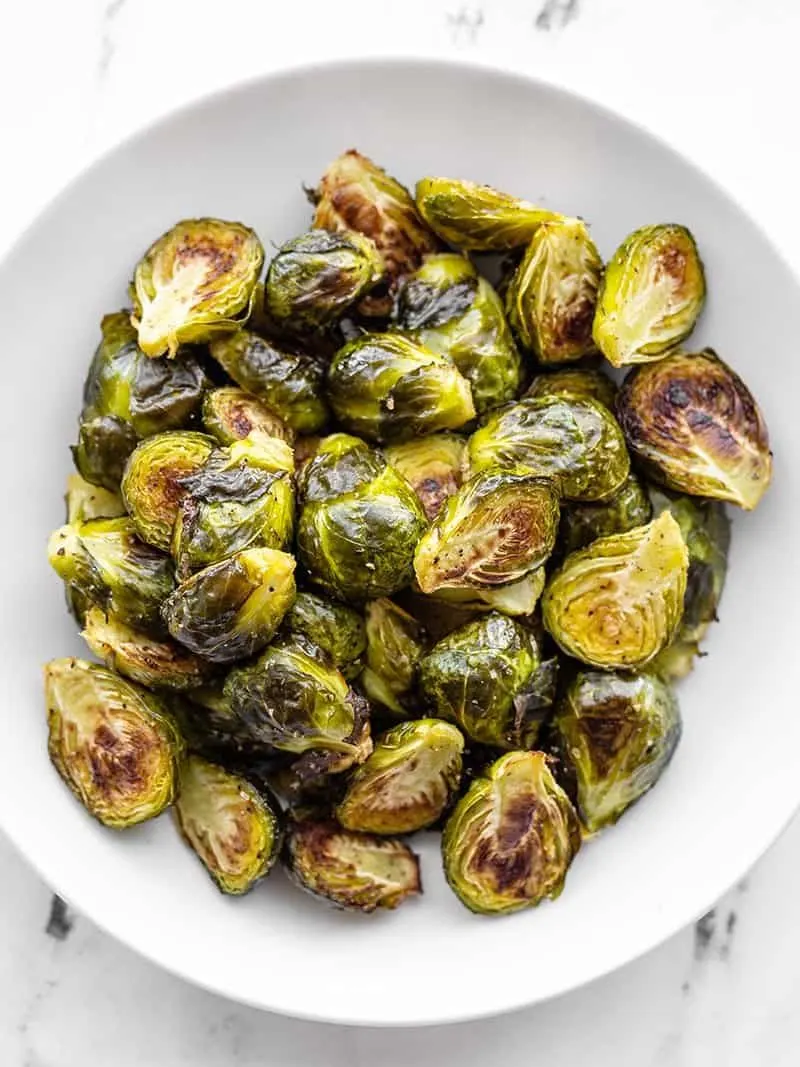
Brussels sprouts are tiny cabbages that offer a delightfully crunchy texture and a slightly nutty flavor. These green gems are perfect for roasting, bringing out a caramelized sweetness that contrasts beautifully with their bitter notes.
Packed with vitamins C and K, they’re as nutritious as they are tasty. Try them roasted with olive oil, garlic, and a sprinkle of Parmesan for a simple yet delicious side dish. Brussels sprouts also pair well with bacon or pancetta, adding a savory umami punch. Their versatility makes them a must-have for any winter kitchen.
Kale
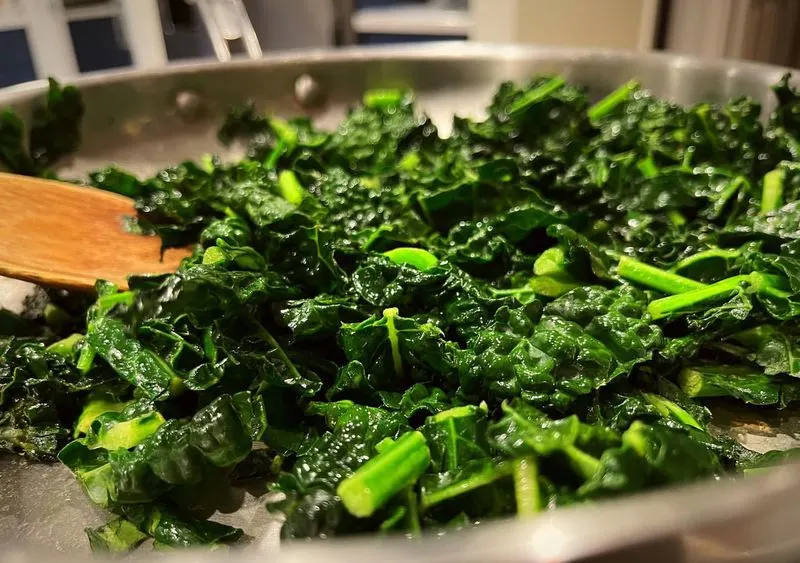
Kale is a leafy green that thrives in cold weather, making it a winter staple. Known for its high nutrient content, kale is rich in vitamins A, C, and K, as well as antioxidants. Its robust flavor stands up well to hearty soups and stews, or when baked into crispy chips.
Kale’s slightly bitter taste is balanced by a hint of sweetness when cooked. Try massaging raw kale leaves with olive oil, lemon juice, and salt for a tender salad base. This versatile vegetable can elevate your dishes with both flavor and nutrition.
Parsnips
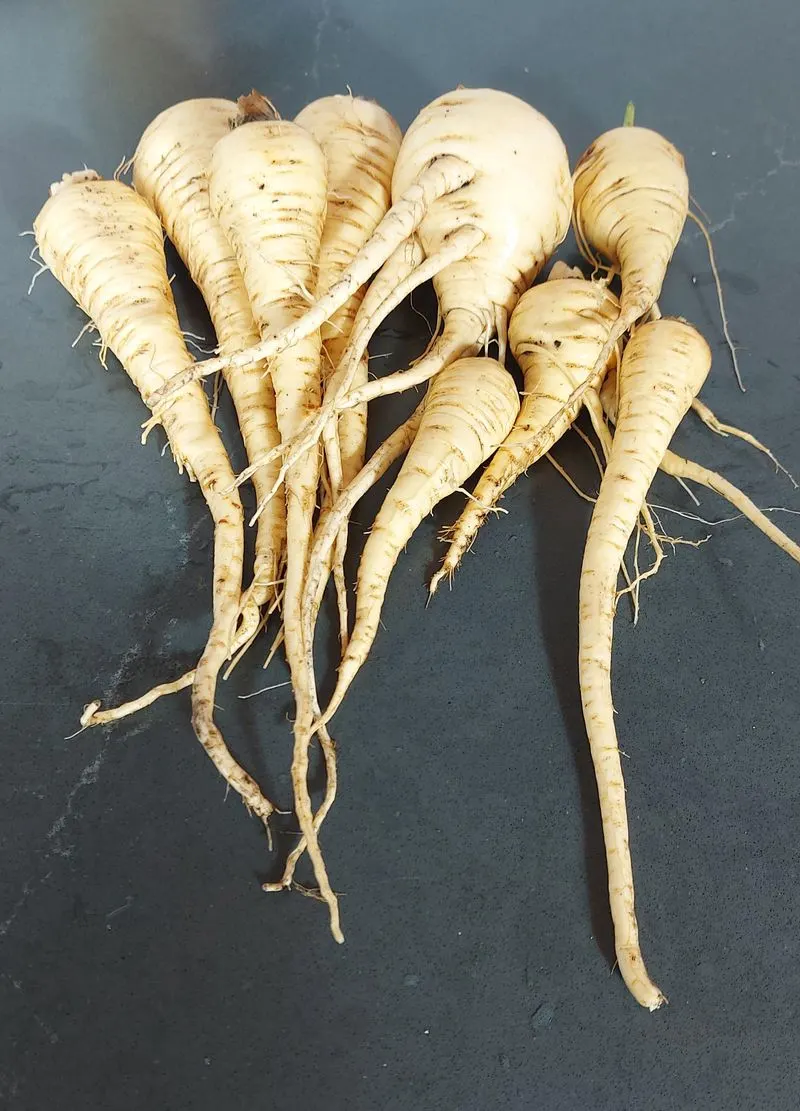
Parsnips are often overlooked but bring a sweet, earthy flavor that becomes more pronounced after frost. These root vegetables are perfect for roasting, mashing, or adding to soups and stews. Their creamy texture and sweet taste make them a wonderful alternative to potatoes.
Parsnips are rich in fiber, vitamins C and K, and folate. Try roasting them with a drizzle of honey and thyme for a sweet-savory side dish. Their unique flavor profile can transform a standard dish into something extraordinary, offering both taste and nutritional benefits.
Beets
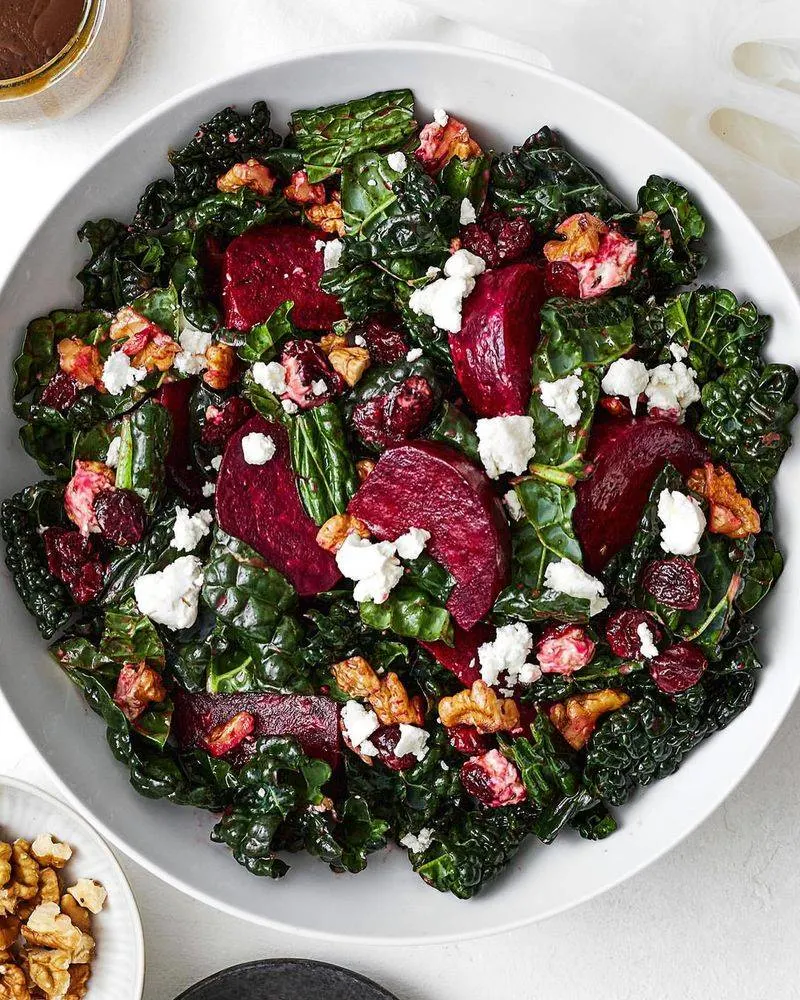
Beets offer a sweet, earthy flavor that’s perfect for winter dishes. Rich in antioxidants, fiber, and essential minerals like iron and potassium, they are as nutritious as they are colorful. Whether roasted, boiled, or pickled, beets add a vibrant hue to any meal.
Their natural sweetness intensifies when cooked, making them a delicious addition to salads or roasted vegetable medleys. Try them with goat cheese and walnuts for a classic combination that enhances their flavor. Beets are not only versatile but also a feast for the eyes and palate.
Turnips
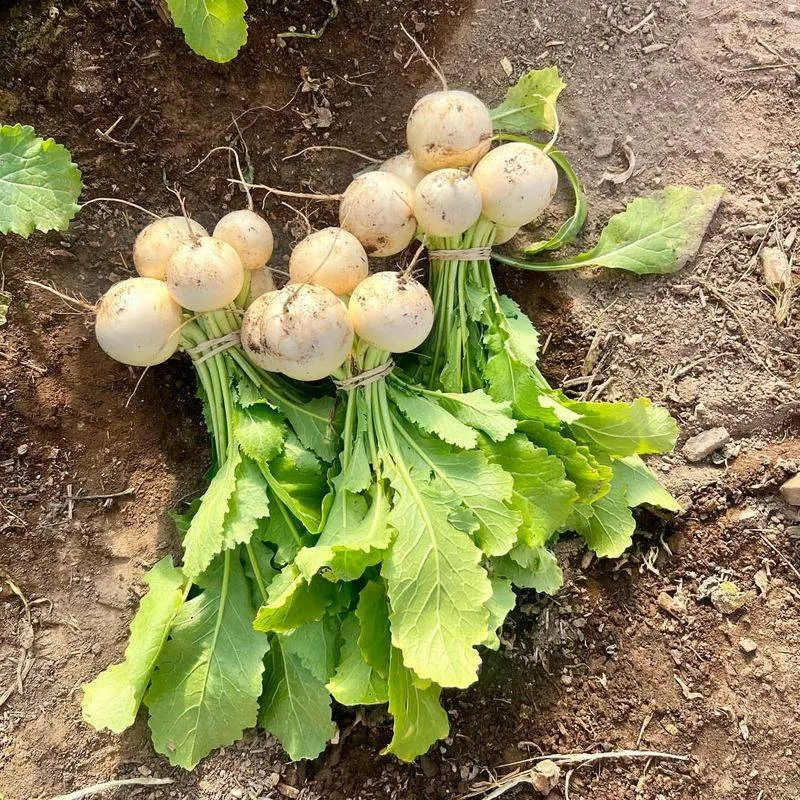
Turnips are a versatile root vegetable with a mild yet peppery flavor. They can be roasted, mashed, or added to soups and stews. Their firm texture holds up well to various cooking methods. Turnips are high in vitamin C and fiber, offering both taste and nutrition. For a simple dish, try roasting them with olive oil, salt, and rosemary. Their subtle spice provides a depth of flavor that complements other vegetables beautifully. Turnips can easily become a winter staple, enhancing meals with their unique taste and texture.
Cabbage
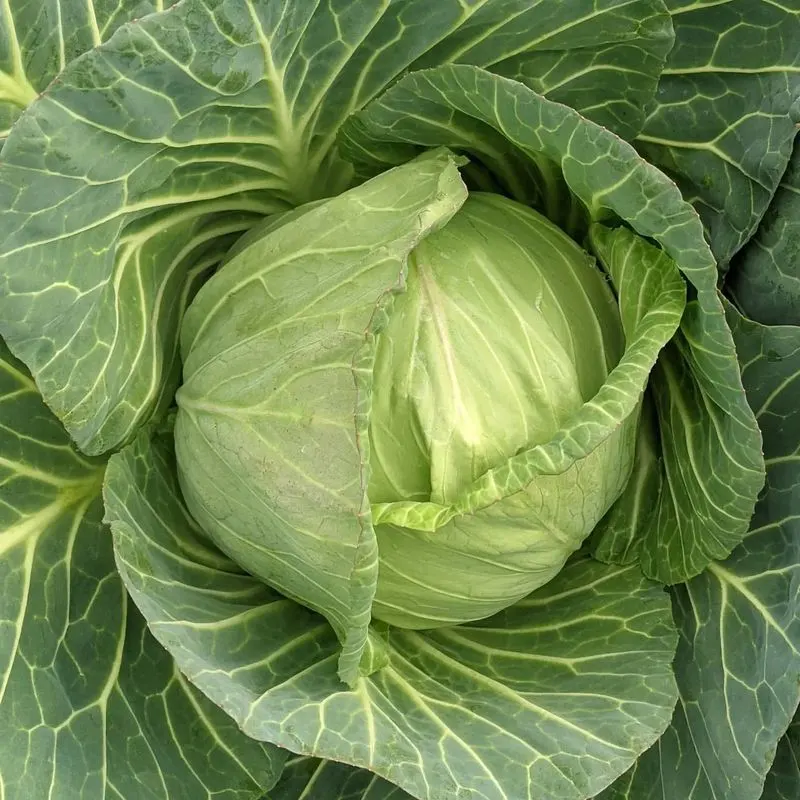
Cabbage is a cold-hardy vegetable that provides a delightful crunch and a subtle sweetness to winter dishes. It’s rich in vitamin C and fiber, making it both a nutritious and versatile choice. Cabbage can be used in salads, stir-fries, or fermented into sauerkraut.
Its leaves are perfect for wrapping fillings, offering a gluten-free alternative to tortillas. Try sautéing cabbage with onions and garlic for a simple yet flavorful side dish. This humble vegetable can adapt to a variety of cuisines, adding both flavor and nutrition to your meals.
Carrots
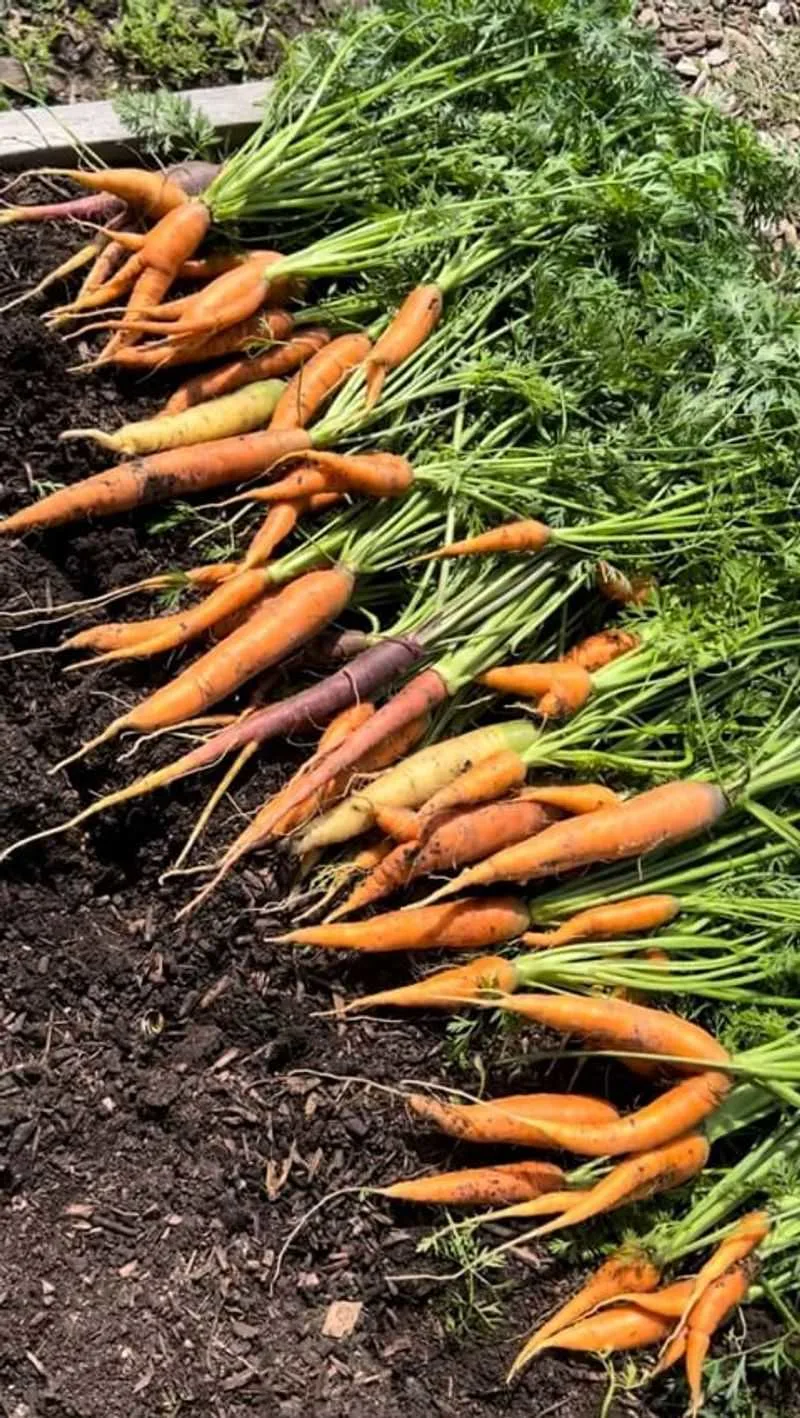
Carrots are a winter favorite, known for their sweet flavor and vibrant color. Rich in beta-carotene, fiber, and vitamin K, they are both nutritious and delicious. Carrots can be roasted, steamed, or added to soups and stews.
Their natural sweetness is enhanced by cooking, making them a versatile addition to any dish. Try glazing them with honey and ginger for a sweet and spicy treat. Carrots can also be shredded into salads or baked into muffins. Their adaptability and nutritional benefits make them a must-have for winter cooking.
Winter Squash
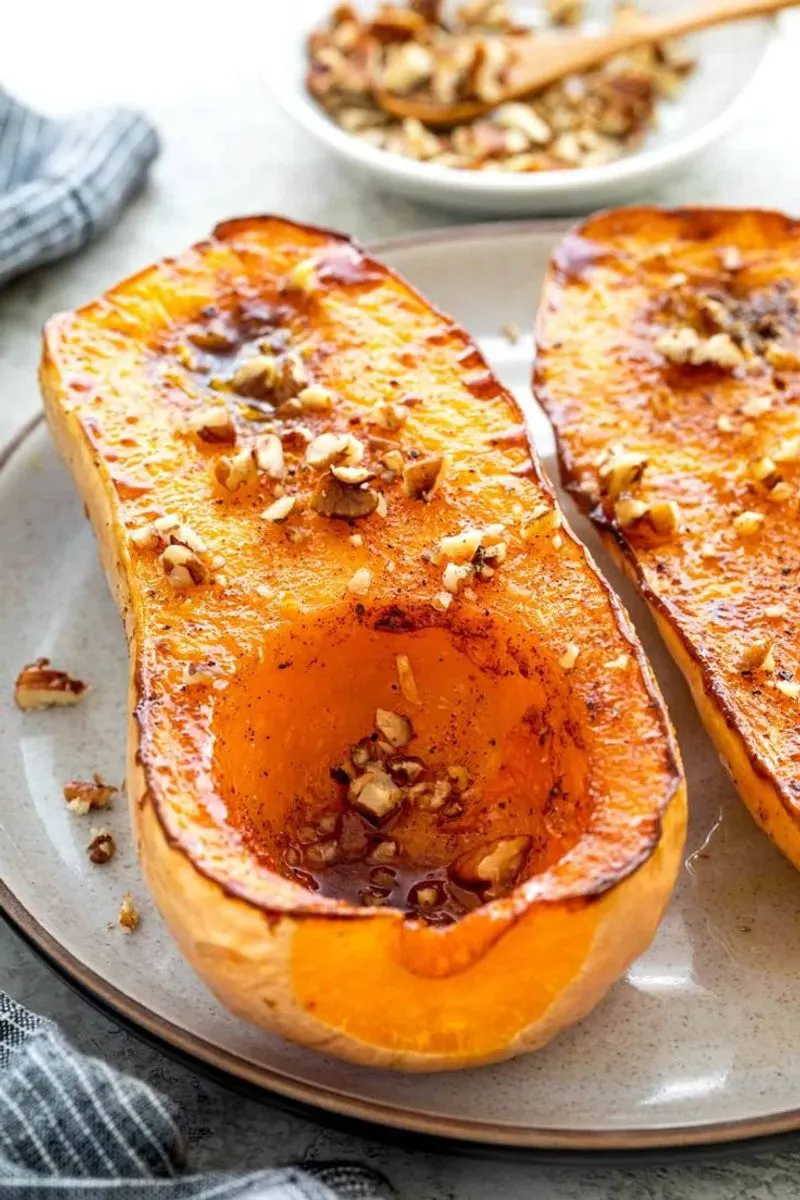
Winter squash, such as butternut and acorn, offers a sweet, nutty flavor perfect for cold-weather cooking. These squash are rich in vitamins A and C, fiber, and antioxidants. They can be roasted, pureed, or used in soups and stews, providing a creamy texture and sweet flavor.
Try roasting chunks of winter squash with cinnamon and maple syrup for a dessert-like side dish. Their versatility allows them to be used in both savory and sweet recipes. Winter squash is not only delicious but also adds a pop of color to your winter table.
Leeks
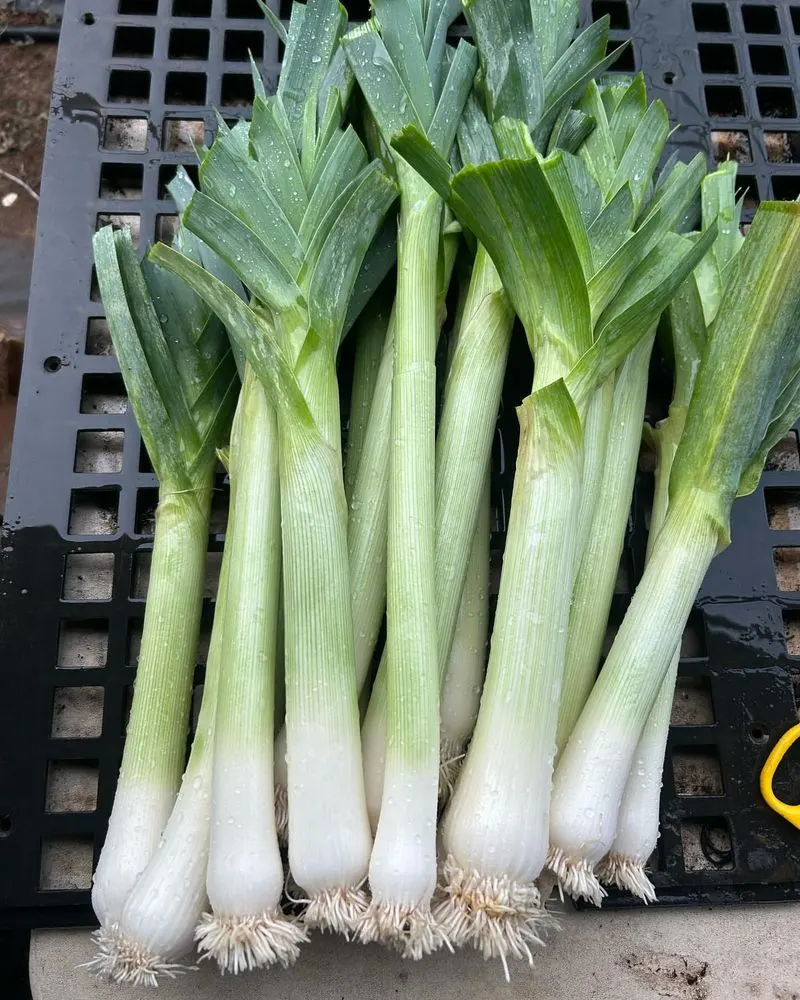
Leeks, with their mild onion flavor, are perfect for adding depth to winter dishes. They are rich in vitamins A, K, and C, making them nutritious as well as tasty.
Leeks can be used in soups, stews, or as a base for risottos and casseroles. Their subtle sweetness enhances the flavors of other ingredients.
Try sautéing leeks with butter and garlic for a simple yet flavorful addition to your meal. Their versatility and delicate flavor make leeks an excellent choice for elevating winter recipes with both taste and nutrition.

